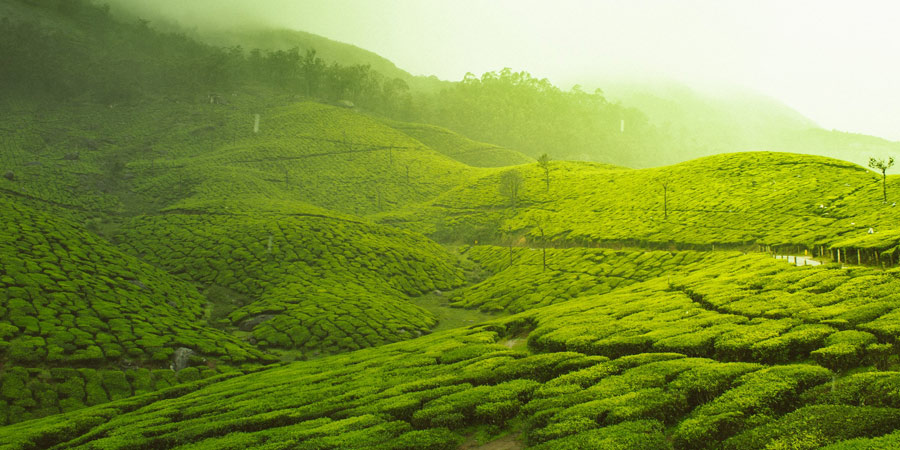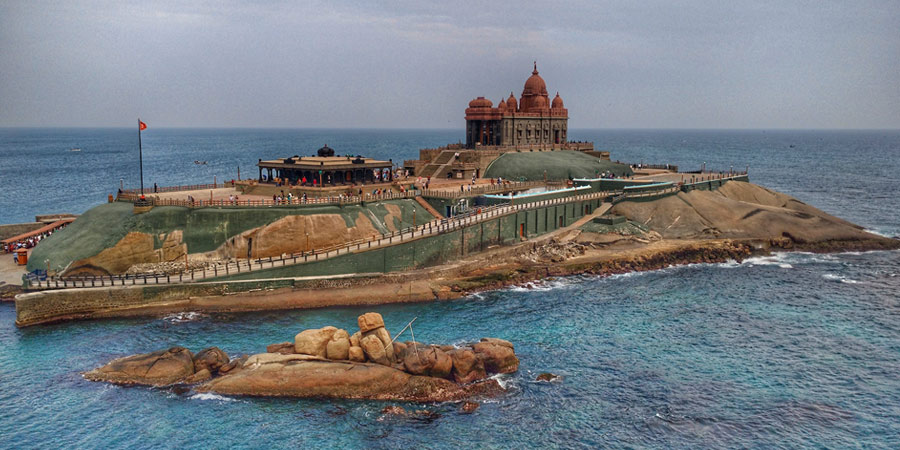
Back to Menu

The e-Visa (electronic visa) is a visa that allows Sri Lankan nationals to travel to India for tourism or business purposes for a maximum stay of 60 days. The e-Visa is valid for 365 days from the date of issue.
To apply for an e-Visa, Sri Lankan nationals must have a valid passport that is at least six months old at the time of entry into India. They must also have a valid email address and a credit or debit card.
The Tourist eVisa is the most common type of visa obtained by travelers visiting India for tourism, sightseeing, attending social events, or meeting friends and relatives. It is typically valid for 90 days from the date of arrival in India and allows for multiple entries. However, travelers cannot engage in business activities under this visa category.
The Business eVisa is designed for individuals traveling to India for business purposes, such as attending meetings, conferences, trade fairs, or exploring potential business opportunities. It is valid for 60 days from the date of arrival and allows for multiple entries. However, it is important to note that engaging in employment is not permitted under this visa type.
The Medical eVisa is intended for individuals seeking medical treatment in recognized hospitals or specialized treatment centers in India. It is valid for 60 days from the date of arrival and allows for triple entries. To apply for a Medical eVisa, travelers are required to provide relevant medical documents, including an invitation letter from the hospital or medical facility.
To apply for an Indian eVisa, Sri Lankan travelers must follow these steps:

Under normal circumstances, the approval process for Sri Lankan citizens who have submitted their Indian Visa Application Form Online usually takes around 3-4 business days. This timeline assumes that the applicants have provided accurate and complete information, including their first name, surname, and date of birth without any discrepancies. Additionally, submitting the required supporting documents, such as a scanned copy of the Sri Lankan passport and a face photograph (or a visiting card for business visas or a letter from the hospital for medical e-Visas), is crucial for a smooth application process.
However, it is important to note that in certain situations, the approval process may take longer, potentially up to 7 business days. This could be due to factors such as inaccuracies in the application data, public holidays in India at the time of application, or high application volumes during busy holiday seasons. It is recommended for applicants to ensure the correctness of their application data, double-check all information provided, and adhere to the guidelines and requirements specified by the Indian
visa authorities. Additionally, it is advisable to submit the application well in advance of the intended travel dates to allow for any potential delays in the approval process.
Do not overstay your visa: You must respect the laws of India and avoid overstaying your visa. There is a fine of \$300 for overstaying up to 90 days, and up to \$500 for overstaying up to 2 years. The Indian government may also take legal action against you.
Print out your Indian visa: You do not need to print out your Indian e-Visa, but it is a good idea to do so. If your phone or computer with the email confirmation is lost or damaged, you will not be able to show proof of your visa. The printed copy can act as a backup.
Make sure your travel document has two blank pages: The Indian government does not require Sri Lankan citizens to have a visa stamp in their passport. However, you must have two blank pages in your passport so that the immigration officials can add a visa endorsement and departure stamp when you enter India.
Your passport must be valid for at least six months: Your passport must be valid for at least six months from the date of your application for an Indian visa.